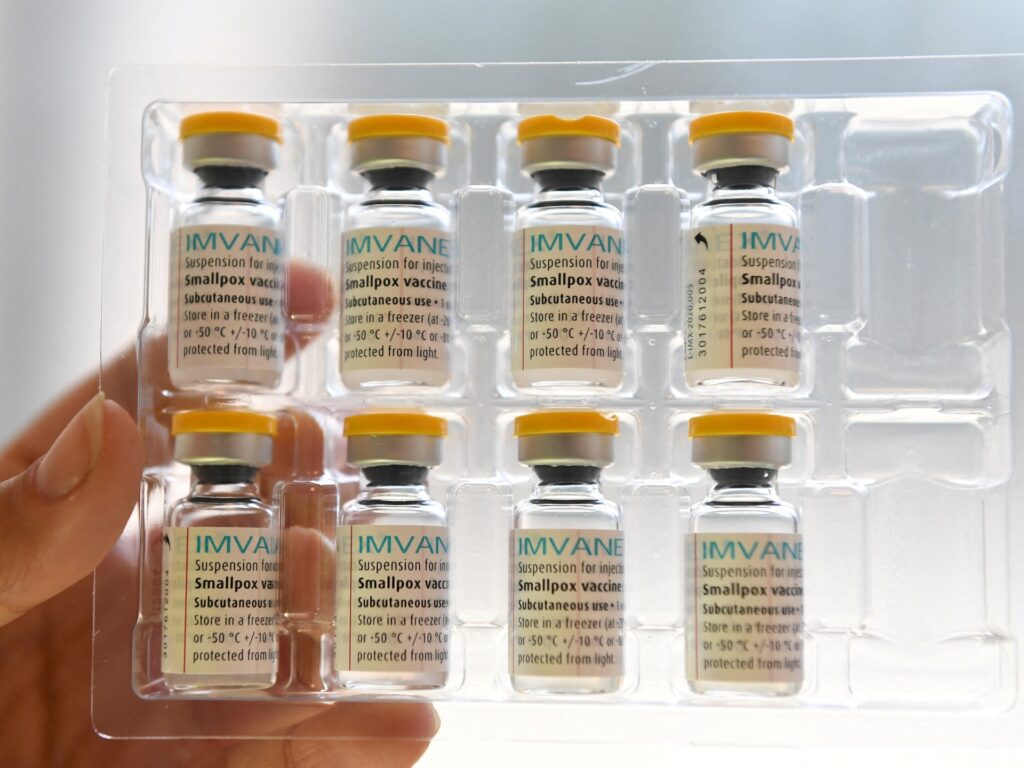Health authorities said the patient had travelled from Africa and ordered new arrivals from 42 “risk countries” to get tested.
Thailand has confirmed its first case in Asia of the more contagious and deadly MPOX virus.
The disease control agency confirmed on Thursday that a 66-year-old European patient who had travelled to Saudi Arabia from Africa was infected with lineage 1b of the virus.
The World Health Organization (WHO) has declared a global public health emergency regarding clade 1b, a strain that is transmitted through casual contact and causes death in about 3.6% of cases.
The variant is causing a surge in infections in Africa, with outbreaks reported in the Democratic Republic of Congo, Burundi, Kenya, Rwanda and Uganda since July, killing more than 500 people, according to the WHO.
Thongchai Keeratihattayakorn, director-general of the Department of Disease Control, said the patient, who entered the country on August 14, “was likely to have contracted the infection from an endemic country”, but did not specify which country.
The ministry said it was monitoring 43 asymptomatic individuals who had close contact with the patient over a total of 21 days.
The ministry has instructed everyone travelling to Thailand from 42 “risk countries” to register and undergo testing upon arrival.
This is the second case of the new variant reported outside Africa, the first being confirmed in Sweden.
The WHO has sounded the alarm about lineage 1b and urged vaccine manufacturers to ramp up production, but stressed on Tuesday that the outbreak is not a new COVID-19 and noted that much is already known about how to control the virus.
The 2022 MPOX outbreak was linked to a mild variant known as “clade 2” that spread in West Africa, which killed about 140 people and infected 90,000, mostly gay and bisexual men.
Thailand has confirmed 800 cases of MPOX clade 2 since 2022, but no cases of the more transmissible clade 1 or clade 1b variants have been found so far.
The disease is caused by a virus transmitted by infected animals but is transmitted from person to person through close physical contact, causing fever, muscle aches and skin lesions that resemble large boils.



